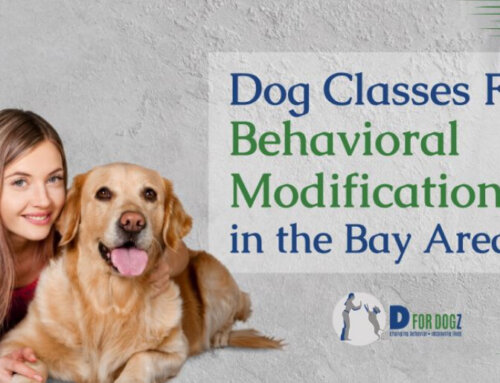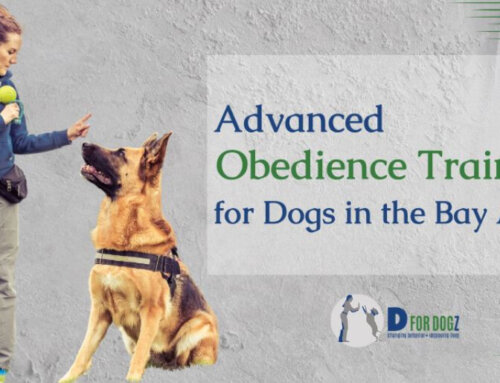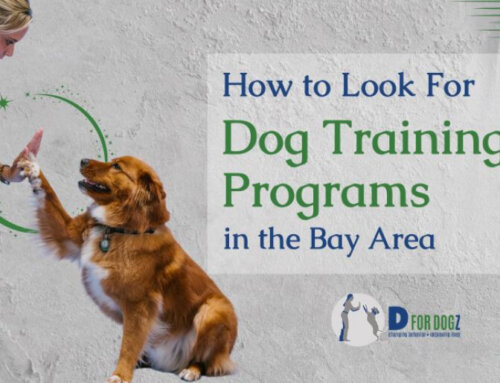Essential Puppy Socialization Tips for Thriving in San Jose’s Urban Environment
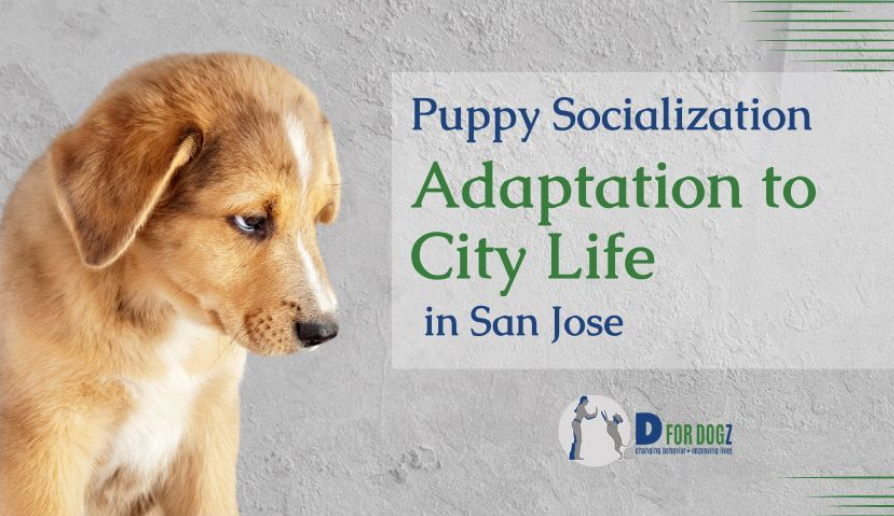
In urban areas, puppies will likely encounter various stimuli that rural or suburban puppies might not. From crowded streets filled with people and other dogs to the sounds of traffic, public transportation, and urban activities, these experiences can be overwhelming without proper socialization. Therefore, integrating socialization into your puppy’s routine is essential for their ability to navigate the complexities of urban living successfully.
In the following sections, we will delve into specific strategies and tips for effectively socializing your puppy in an urban context, ensuring they thrive and adapt amidst the vibrant life of San Jose.
Key Takeaways
- Begin socialization in less crowded areas and progressively introduce your puppy to busier urban settings to build their confidence.
- Enroll your puppy in socialization classes with certified trainers to ensure they learn proper social behaviors in a structured environment.
- Regular health check-ups, up-to-date vaccinations, and parasite prevention are crucial for your puppy’s well-being during the socialization process.
- Familiarize your puppy with various modes of transportation and teach them dog park and outdoor etiquette to prepare them for the urban lifestyle.
1. Begin in Less Crowded Areas
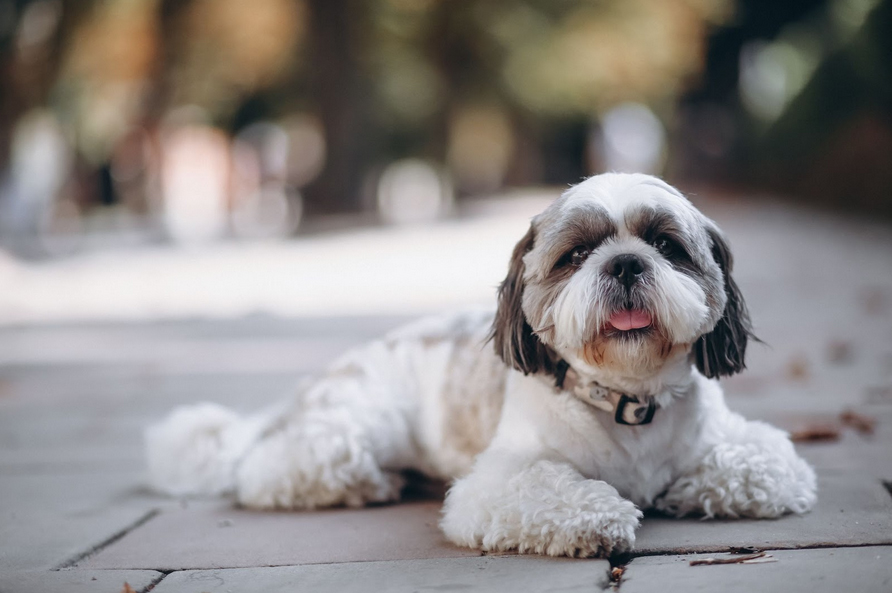
Initiate your puppy’s exposure to city life in quieter neighborhoods or parks. This allows them to gradually adjust to urban sounds and sights at a comfortable pace, reducing the risk of overwhelming them. Here are sample steps that you may follow as you start training your puppy’s exposure:
Step 1: Identify Quiet Neighborhoods or Parks
Research and select quieter neighborhoods or parks within San Jose that are known for their calm atmosphere. Places with minimal traffic, fewer people, and spacious areas are ideal. For instance, consider visiting a park like the Guadalupe River Park during early mornings or late afternoons on weekdays when it’s less busy.
Step 2: Short, Controlled Visits
Begin with short visits to these selected areas. The key is to keep these outings brief but consistent. A 15 to 20-minute walk or play session in a quiet park can be a good start. Observe your puppy’s reactions closely; signs of stress or fear mean it’s time to take a break or go home.
Step 3: Gradual Exposure
Gradually increase the duration and complexity of these outings as your puppy becomes more comfortable. Introduce slightly busier areas within the park or neighborhood, paths with more foot traffic, or near gentle playground noise. This will help your puppy adjust to varied sounds and sights at their own pace.
2. Socialization Classes in San Jose
Enroll your puppy in socialization classes offered by local dog trainers. Such courses provide a structured environment for your puppy to interact positively with other dogs and people, which is crucial for their development.
Tips for Choosing Socialization Classes in San Jose
- Look for Certified Trainers: Seek out classes led by certified dog trainers. These professionals are trained in animal behavior and know how to create a positive learning environment for your puppy. They can provide guidance tailored to your puppy’s personality and needs, ensuring they gain the most from each session.
- Consider Puppy Age Groups: Enroll in classes that group puppies by age and size. Puppies learn and play differently at various stages of their development. Classes tailored to specific age groups ensure that your puppy interacts with peers at similar developmental stages, making socialization more effective and safe.
- Evaluate the Curriculum: Opt for classes that offer a well-rounded curriculum. Beyond play, look for programs that include exposure to different sounds, objects, and people. Some classes might even offer field trips to parks or pet-friendly stores in San Jose, providing real-world socialization experiences.
- Small Class Sizes: Smaller classes allow for more individual attention from the trainer and a less overwhelming environment for your puppy. This setup fosters better learning and allows your puppy to interact with others without becoming stressed or anxious.
- Positive Reinforcement Techniques: Choose classes that employ positive reinforcement methods. Training that uses rewards (like treats or praise) to encourage good behavior is more effective and builds a stronger bond between you and your puppy.
- Opportunities for Owner Education: The best socialization classes also educate owners. Look for programs that offer advice on reinforcing positive behavior at home, dealing with common issues like biting or barking, and understanding canine body language. This knowledge is crucial for continuing your puppy’s education beyond the classroom.
3. Introduce Diverse Social Interactions
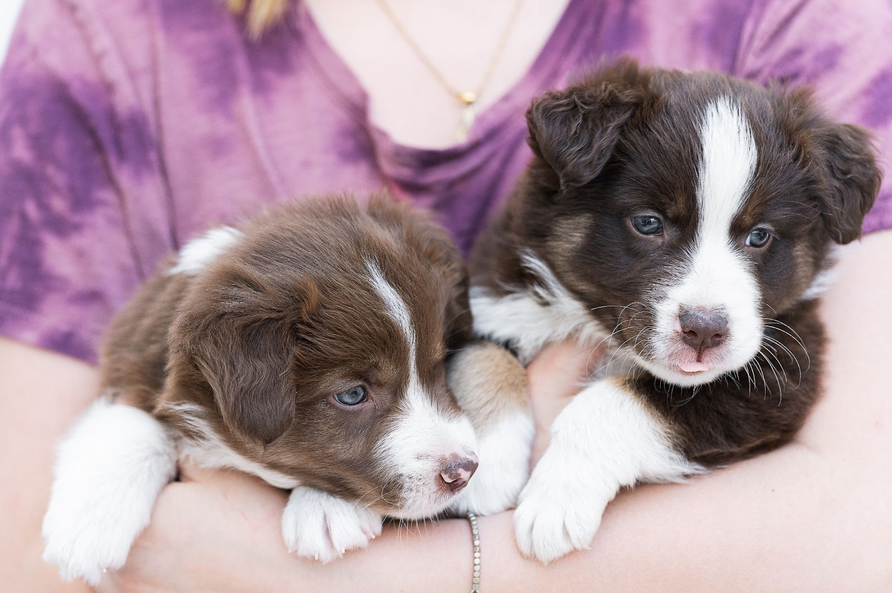
Make efforts to have your puppy meet a wide range of people and dogs. This includes different ages, sizes, and breeds to ensure they become well-adjusted and friendly animals. San Jose’s dog parks and community events can be ideal for this.
| Social Interactions | Description |
| Variety is Key | Expose your puppy to people of different ages, ethnicities, and genders. Interaction with a diverse range of people teaches puppies to be gentle and friendly with everyone. |
| Consider Clothing and Accessories | Introduce your puppy to people wearing a variety of clothing and accessories, such as hats, sunglasses, and coats, to help prevent fear or aggression towards unfamiliar appearances. |
| Use Positive Reinforcement | Encourage positive behavior during interactions with treats and praise, making each new meeting a positive experience for your puppy. |
| Meeting Different Dogs | Allow your puppy to meet and interact with dogs of various sizes and breeds through supervised playdates in controlled environments, aiding in learning appropriate play behavior and communication. |
| Exposure to Different Environments | Expose your puppy to a range of environments including busy city streets, parks, and quiet residential areas, as well as pet-friendly cafes, stores, and outdoor events, to help them adapt to different sounds, smells, and sights. |
| Handling and Grooming | Regularly handle your puppy, including their paws, ears, and mouth, to get them accustomed to grooming and veterinary exams, reducing stress and anxiety during these activities. |
| Coping with Separation | Teach your puppy that being alone is okay by starting with short periods of separation. This is crucial for preventing separation anxiety, a common issue in urban living environments. |
4. Desensitize to Public Transportation
When preparing your puppy for the hustle and bustle of city life, it’s crucial to consider how they will navigate various modes of transportation. Not all forms are suitable for puppies, especially at a very young age, due to health, safety, and regulatory concerns. Here’s a guide to what’s best for puppies, what’s restricted by age, and what becomes permissible as they grow.
| Mode of Transportation | Safety Level for Puppies | Best Age to Start |
| Walking | Good | As soon as they are comfortable with a leash and have begun their vaccination schedule. |
| Car Travel | Good, with precautions | Any age, provided they are secured in a pet carrier or with a dog seatbelt harness. |
| Public Buses and Light Rails | Not yet until fully vaccinated | Around 16 weeks or after final vaccination shots, during off-peak times. |
| Ride-Sharing Services | Not yet until more accustomed to travel | Older and more accustomed to travel, always check with the driver first. |
| Public Transportation | Good, once accustomed to moving vehicles and fully vaccinated | After fully vaccinated and accustomed to moving vehicles, during quieter times. |
| Bicycles | Not yet until physically mature | Once they are physically mature and have been trained to run safely beside a bike or ride in a pet bicycle trailer. |
| Motorcycles or Scooters | Not recommended until well-trained and mature | For well-trained, mature dogs with utmost concern for safety and using protective gear. |
5. Dog Park and Outdoor Etiquette
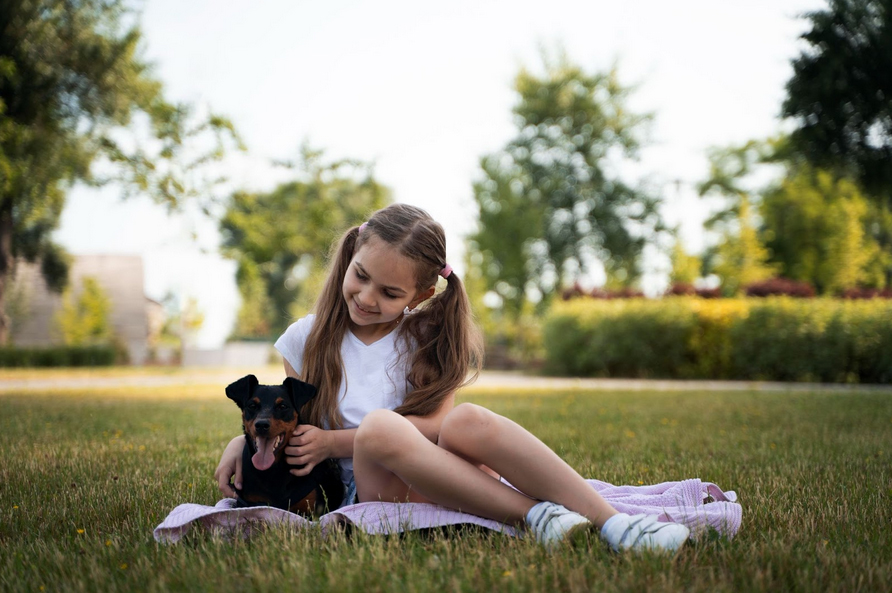
Teach your puppy proper manners for dog parks and public spaces. This includes being on a leash when required, practicing recall commands, and ensuring they do not invade the space of other dogs and people.
Dog-Friendly Parks to Start With
San Jose, California, boasts several dog-friendly parks that are ideal for puppy socialization growth. These parks offer a mix of quiet areas and more active spaces, allowing for a gradual introduction to various social and environmental stimuli. Here are some top picks for dog-friendly parks in San Jose where you can work on your puppy’s socialization:
- Guadalupe River Park: With its expansive green spaces and walking trails, Guadalupe River Park is an excellent choice for starting your puppy’s socialization. The park’s quieter areas are perfect for initial visits, while the busier sections near the SAP Center can offer more stimulating experiences as your puppy grows more comfortable.
- Almaden Lake Park: This park is known for its beautiful lake and relatively peaceful environment, making it another great location for early socialization efforts. Its walking paths and open areas allow for controlled exposure to other dogs and people in a serene setting.
- Butcher Dog Park: For a more dog-focused experience, Butcher Dog Park provides fenced-in areas where puppies can safely interact with other dogs off-leash. There are separate sections for large and small dogs, ensuring that your puppy can play and socialize safely according to their size and comfort level.
- Ryland Dog Park: Situated in the heart of downtown San Jose, Ryland Dog Park offers a convenient urban setting for puppy socialization. It features separate play areas for small and large dogs, allowing for safe, size-appropriate interactions.
- Los Gatos Creek Park: This park provides a diverse range of environments, from wooded areas to open spaces, making it ideal for exposing your puppy to different sights, smells, and sounds. The trails are excellent for on-leash walks, allowing your puppy to encounter joggers, cyclists, and other dogs in a controlled manner.
- Cadwallader Park: Located in a quieter neighborhood, Cadwallader Park is a hidden gem for puppy owners looking for a less crowded setting. Its open grassy areas and playground provide a variety of stimuli without overwhelming your puppy.
6. Health and Safety Precautions
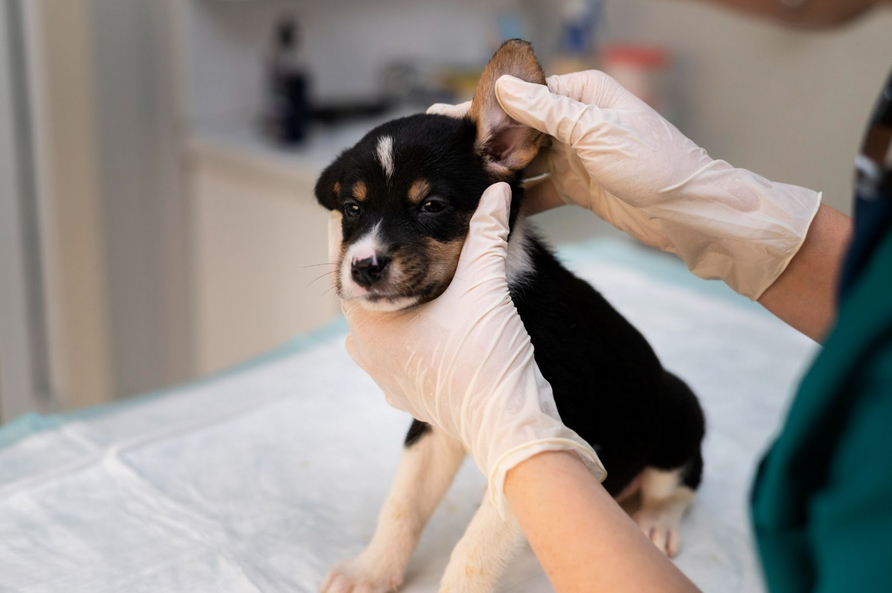
Ensuring the health and safety of your puppy during their critical socialization period requires vigilant care and a proactive approach to potential risks. With their developing immune systems and natural curiosity, puppies are particularly vulnerable to infections and health-related issues. Here’s a list of health and safety precautions you need to take for your puppy’s health:
- Vaccinations: Puppies should start their vaccinations between 6 to 8 weeks to protect against diseases like parvovirus and rabies, following a schedule until about 16 weeks old. Avoid contact with unvaccinated dogs until your puppy is fully vaccinated.
- Parasite Prevention: Regular treatments are essential for protecting puppies from fleas, ticks, and worms, with products and schedules tailored by your vet based on the puppy’s specifics.
- Hot Pavements: Protect your puppy’s paws from burns by avoiding hot pavements during warm months and choosing cooler times of the day or grassy areas for walks.
- Regular Check-ups: Schedule consistent veterinary check-ups to ensure your puppy’s health, growth, and development are closely monitored, and vaccinations and parasite preventions are up to date.
Conclusion
Laying a strong foundation for your puppy’s socialization in San Jose’s urban environment is essential for their development into a well-adjusted, confident, and safe canine citizen. By gradually introducing them to various environments, people, and other animals and keeping their health and safety a top priority, you provide them with the tools they need to thrive. Proper socialization enhances your puppy’s quality of life and ensures they contribute positively to the community around them.
Embark on the journey to ensure your puppy thrives in the bustling urban environment of San Jose with D for Dog’s specialized puppy socialization classes. Don’t wait to lay the foundation for your puppy’s success—contact D for Dog Training’s Puppy Socials today to enroll and start your puppy on the path to becoming a confident and friendly city dweller.
About the Author: Kaajal Tiwary
Kaajal (aka “KT”!) loves puppies and is dedicated to getting new puppy guardians off on the right paw and guiding her students through the tough early days of owning a dog. Her goal? Transforming each bundle of raw puppy energy into the perfect adult companion.

